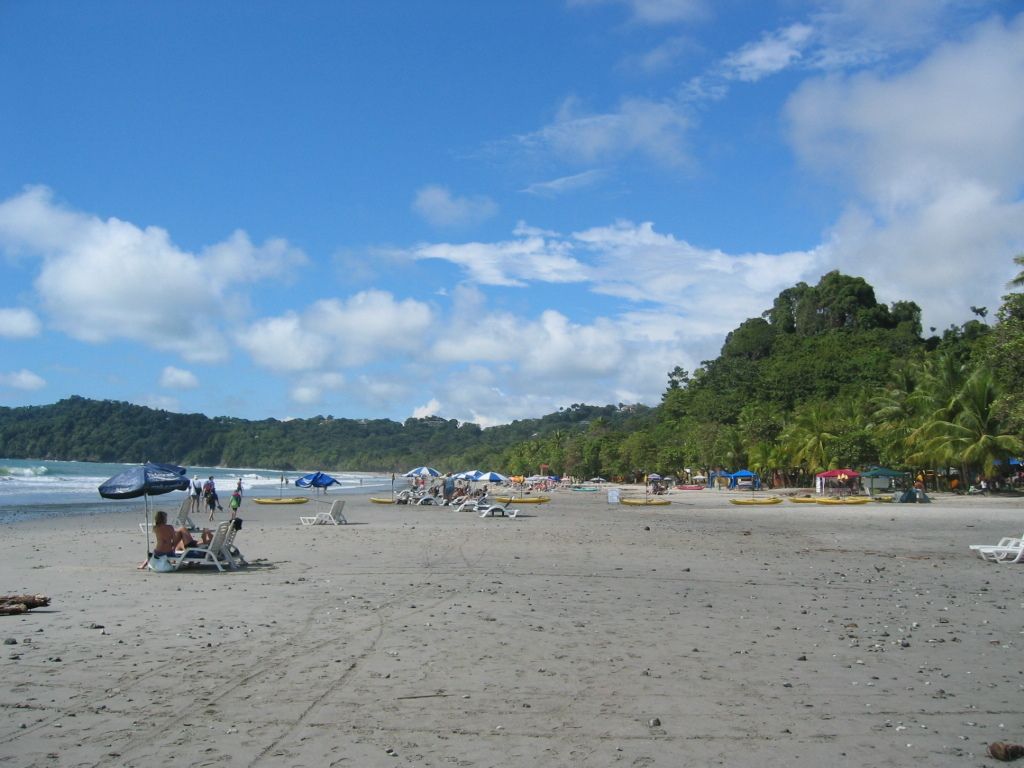Press Release: IHK Regensburg Unlocks Economic Potential in Upper Palatinate/Kelheim
Regional economy in Upper Palatinate/Kelheim shows cautious optimism
Booming prospect for Eastern Bavaria's economy, survey by IHK Regensburg reveals.
REGENSBURG. Springtime in Eastern Bavaria, the latest business climate survey from IHK Regensburg for Upper Palatinate/Kelheim shows a promising rebound for local businesses. Service providers, construction, and retail report improving business conditions, while the industry, tourism, and hospitality sectors remain cautious.
"It's a promising sign that our service providers, construction, and retail sectors are showing signs of recovery. Although the industry, tourism, and hospitality sectors still exhibit restraint, it's a positive step in the right direction," says Dr. Jürgen Helmes, CEO of IHK, presenting the findings.
While business eased at the start of the year, reports of escalating raw material and commodity prices are on the rise once more. Furthermore, 20% of companies across industries are grappling with increased receivables defaults due to the insolvencies of customers or suppliers. The burden of high labor costs, especially non-wage labor costs, is also causing pressure for companies who can no longer pass on price increases to consumers. "It's crucial that the new federal government swiftly implements the business-friendly points of its coalition agreement," states Helmes. Stability and certainty for the economy are essential to stimulate investments, secure innovations, and jobs, Helmes stresses.
Foreign trade under tension
Export development in the industry has been declining since Early 2024, reaching only the previous year's level in Spring 2025. Local manufacturers of consumer and capital goods are heavily reliant on international sales markets, with 62% forecasting an increase in foreign sales in this sector. In the event of a decline in US demand, some exporting companies expect increased competition with Chinese providers on third markets. "Our internationally active companies are hopeful for EU business and the Asia/Pacific region, excluding China," explains Helmes. The persistent geopolitical instability, coupled with existing tariffs, is causing raw material price increases.
Investments with caution
Across all industries, investment behavior remains cautious. Particularly low is the investment readiness in construction, retail, and tourism sectors. For 34% of the companies, the announced measures and the state investment package are inadequate to initiate or expand their investments in Germany.
A brighter outlook
Companies continue to lack planning security. However, early indications from the new coalition agreement, coupled with the end of political uncertainty, combined with seasonal effects, are positively impacting business expectations.
"For the first time since 2022, the optimistic voices in our quarterly business climate survey are again the majority," states Sibylle Aumer, IHK's business cycle expert.
A quarter of the companies expect higher capacity utilization in the coming months, while 44% anticipate an economic boost through the relaxation of the federal debt brake. However, the mood in the industry remains clouded by the ongoing trade dispute, with 64% of companies not expecting a recovery for their business in the near future. If the anticipated recovery pattern in the survey continues, as in previous instances, an economic recovery for the region could occur by Autumn 2025.
On the regional labor market, respondents report few impulses. Across all industries, 22% of responses indicate businesses with a reduction in employees, while 13% plan to increase staff. Consequently, the seasonal increase in employment in construction and tourism is largely absent. Meanwhile, the skills shortage remains a risk factor for every second company.
Business: What regional leaders say
Holger Ketterer, CEO of the SGB-SMIT group in Regensburg, which includes the Starkstrom-Gerätebau GmbH in Regensburg:
"The business situation for the SGB-SMIT group is currently exceptionally strong. Our order book is at record levels, with only a handful of slots left for the next several years in the field of power transformers, which we produce, among other places, in Regensburg. This surge is primarily driven by the high demand resulting from the energy transition and the expansion of energy infrastructure worldwide."
Thomas Auerbach, managing director of the Hotel Wolfringmuhle in Fensterbach:
"The mood in the catering industry is tense. Our industry is suffering from cost explosions, staff shortages, and political decisions that often make us feel overlooked. The combination of high VAT, increased food costs, energy prices, and higher personnel expenses has compelled many businesses to make significant price adjustments. This has resulted in smaller and medium-income guests visiting the catering industry less frequently. Streamlining bureaucracy, making reliable decisions, and demonstrating trust in businesses would be an essential signal from politics."
In a nutshell- Slight improvement in consumer and business climate: Risk factor "domestic demand" decreases from 67 to 58% of responses- Escalating raw material and commodity prices: Industry and tourism sectors are affected more than in previous surveys. Oil prices drop- Easing of debt brake: 35% of regional construction companies hope for increased orders for their company- One-third fears higher purchase prices and interest rates as a medium-term consequence of the growth package- Distressed liquidation status in the hotel and catering industry has significantly deteriorated compared to the beginning of the year: a quarter in a precarious condition, 4% in a critical situation
The current IHK economic report with an in-depth look at the individual sectors can be found at www.ihk-regensburg.de/konjunkturbericht
Enrichment Data:
The region is actively participating in significant cross-border and technology-focused projects, such as the 5G Corridor Munich–Prague initiative, led by IHK Regensburg and focusing on sectors including Upper Palatinate and Kelheim [1]. This initiative aims to drive advancements in key sectors like eHealth, Industry 4.0, Connected Mobility, and Smart Cities, underscoring the region's commitment to technological growth and digital transformation [1]. The initiative attracts a diverse mix of participants, including companies, municipalities, research institutions, and public authorities, revealing robust regional engagement and prospects for economic growth in these areas [1]. Additionally, regional companies, such as those in electrical engineering (e.g., Maschinenfabrik Reinhausen), are investing in new technologies and expanding internationally, indicating continued investment and growth in the area [2]. In summary, while specific economic indicators are not provided, the emphasis on digital transformation, cross-border cooperation, and technology investment hints at a generally optimistic outlook for the regional economy in Upper Palatinate and Kelheim [1][2].
- Other industries in the region, such as eHealth, Industry 4.0, Connected Mobility, and Smart Cities, are receiving funding and support through initiatives like the 5G Corridor Munich–Prague, spearheaded by IHK Regensburg.
- Businesses in sectors like electrical engineering, such as Maschinenfabrik Reinhausen, are investing in new technologies and expanding internationally, a positive sign for the economy.





